- 30. Oktober 2019
SUMMARY Study: Genetically engineered plants -rather time bomb than a chance
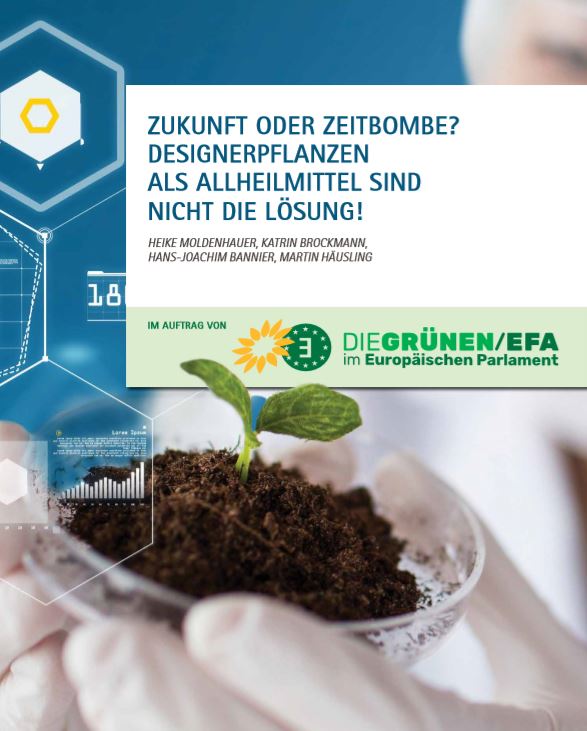
Genetically engineered plants as a universal remedy for hunger and drought? Little suitable and very risky, says a new study on new genetic engineering methods in agriculture, issued by the Greens/EFA in the European Parliament.
The dairy farmer and Green MEP Martin Häusling is co-author and publisher of the study published in July "future or time bomb? Designer plants as universal remedy are not the solution! "
- 11. Juli 2018
Alternativen zum Einsatz von Glyphosat & Co
 Diese Studie zeigt 'Alternative Methoden bei der Unkrautmanagement zum Einsatz von Flyphosat und anderen Herbiziden". Der Verzicht auf Glyphosat & Co ist möglich und Gut für die Umwelt. Leider bislang noch auf Englisch.
Diese Studie zeigt 'Alternative Methoden bei der Unkrautmanagement zum Einsatz von Flyphosat und anderen Herbiziden". Der Verzicht auf Glyphosat & Co ist möglich und Gut für die Umwelt. Leider bislang noch auf Englisch.
- 14. Dezember 2017
Martin Häusling’s 10 Point Plan to Overhaul the CAP
 Continuing in our series of CAP commentary from as wide a range of sources as possible, below we present the CAP position statement of MEP Martin Häusling. In it, he points to the folly of following an export and growth model for agri-food. Moreover, this model as it stands delivers little by way of environmental goods, or for animal welfare or the rural economy. He also emphasises the specific benefits of organic farming, while giving us ten points for major CAP reform.
Continuing in our series of CAP commentary from as wide a range of sources as possible, below we present the CAP position statement of MEP Martin Häusling. In it, he points to the folly of following an export and growth model for agri-food. Moreover, this model as it stands delivers little by way of environmental goods, or for animal welfare or the rural economy. He also emphasises the specific benefits of organic farming, while giving us ten points for major CAP reform.
Quelle: http://www.arc2020.eu/martin-hausling-10-point-plan-overhaul-cap/
By Martin Häusling
One of the objectives of the 2009 revision of the Treaty on the Functioning of the European Union was: ‘… to ensure a fair standard of living for the agricultural community, in particular by increasing the individual earnings of persons engaged in agriculture…’.
For many years now the EU has been failing to meet this objective, despite substantial subsidies in the form of taxpayers’ money. A European Parliament report highlighted the following: farm incomes in the EU are not even 50% of the incomes in other sectors, even though exports of agricultural products are continuing to rise. At the same time, we are exploiting ecosystems to the maximum and are using far too much fertiliser and far too many chemicals.
As to why we are so far off a future-proof agricultural policy in Europe, that is an issue that Reinhild Benning and Tobias Reichert from Germanwatch analysed in detail in the study I published, which is entitled: ‘Foundations, not Pillars: Proposals for an overhaul of Europe’s agricultural policy’ (.pdf). Their conclusion is that radical change is needed. And I agree!
- 15. Oktober 2015
Study - Down to earth – the soil we live of: On the state of soil in Europe’s Agriculture
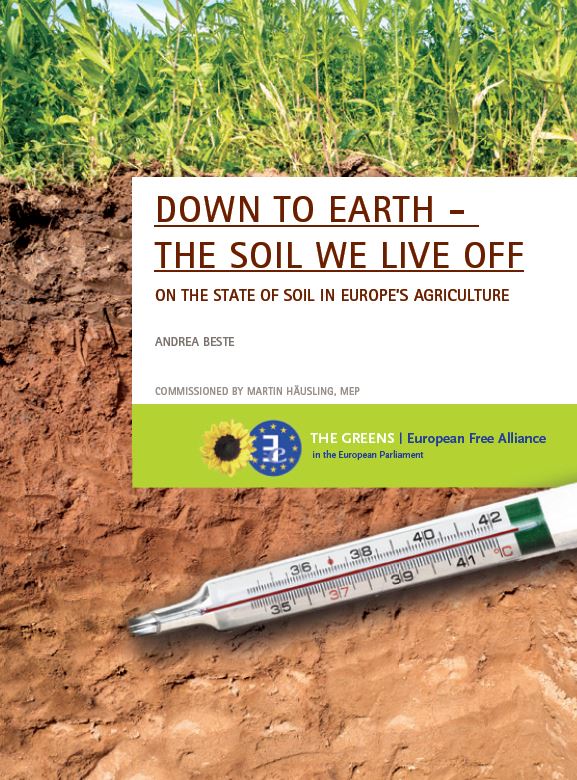
Intensive forms of agriculture are on the rise all across Europe, causing more and more soil to suffer from “Burn-out” regarding the soil fertility. In the study, the author shows the causes of this development and explains what kind of treatment is urgently needed for Europe’s soil in order to be prepared well for the extreme weather conditions that are imminent due to climate change.
Here you find the English Version of the study
- 29. Januar 2014
Study: Concentration of market power in the EU seed market

AUTHOR: IVAN MAMMANA
Seed market regulation
New study highlights concentration in seed market and implications for draft EU rules
The Greens/EFA group today presented a new study highlighting the concentration of the European seed market (1). In contrast with claims by the European Commission that market concentration is not a problem, the study revealed five companies (also producing agrochemical products) control more than 50% of the seed market, with major consequences for farmers, agro-biodiversity, innovation and food security. The Greens are calling for draft EU legislation on seeds and plant reproductive products to be rejected by the European Parliament and argue this study underlines the need for the European Commission’s competition authorities to launch an antitrust investigation into the concentration of the seed market.
- 20. Januar 2013
30 years of genetically engineered plants - a critical assessment
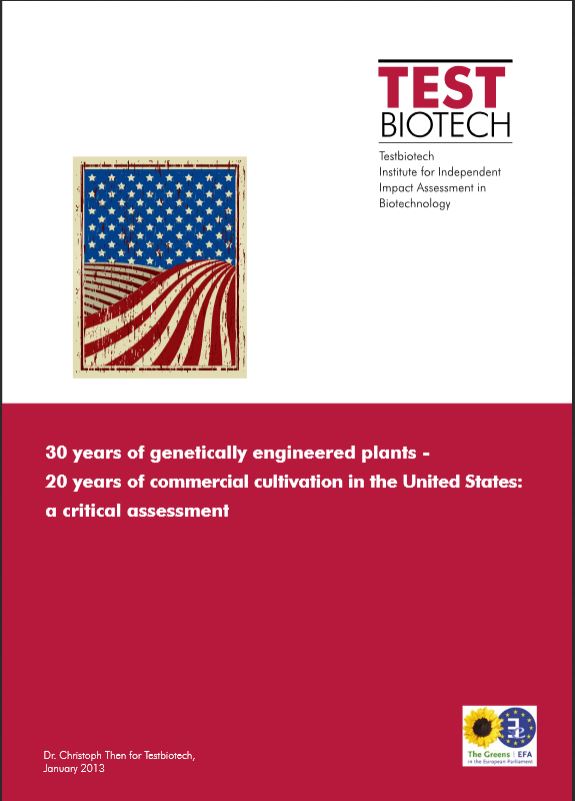
a critical assessment
Dr. Christoph Then, January 2013
This study was written for Martin Häusling, Green Party, Member of the European Parliament.
The English version edited and published by Testbiotech
German version: Die Rache der Käfer
First genetically engineered plants were created 30 years ago. Commercial growing in the USA began almost 20 years ago. Compared to the EU, developments in the USA were driven to a much greater extent by the business interests of companies such as Monsanto. Nevertheless, the EU has seen an opening up of its markets for the import of products derived from genetically engineered plants. In 2013, further decisions can be expected on new authorisations for cultivation in the EU.
Spanish Version:
Then C. 2013: 30 años de Plantas Genéticamente Modificadas -20 años de Cultivo Comercial en los Estados Unidos: Una Evaluación Crítica
Link: http://mx.boell.org/sites/default/files/30_anos_transgenicos_eeuu_web.pdf
- 10. September 2011
BIODIVERSITY, NOT SOYA MADNESS!
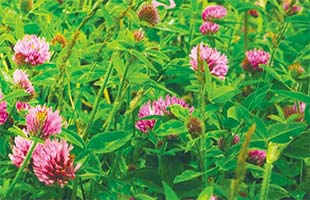
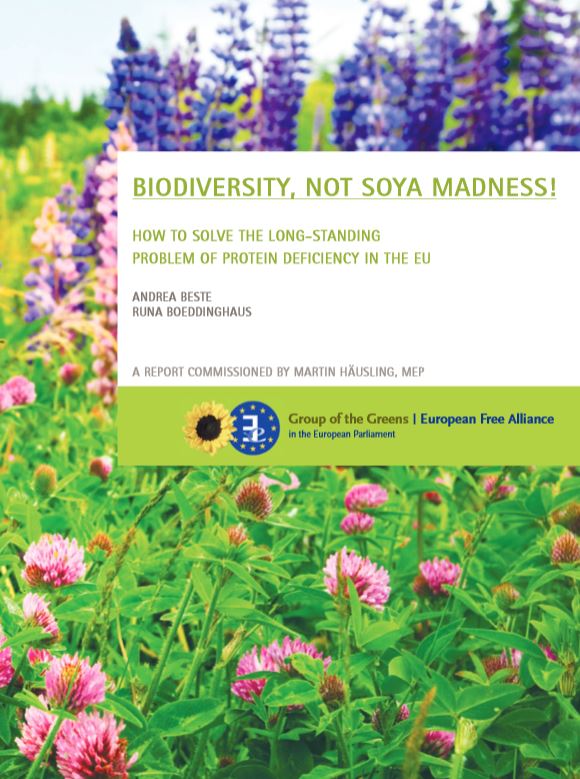
How to solve the long-standing problem of protein deficiency in the EU
Authors: Andrea Beste & Runa Boeddinghaus
September 2011 - A report commissioned by Martin Häusling, MDEP
WHEN MEAT PRODUCTION BECOMES COUNTER-PRODUCTIVE
The ability of ruminants (cattle, sheep and goats) to turn pastureland that is of little use for food production into tasty, nutritionally valuable products like beef and milk is one of the main reasons why people started using these animals and their products in the first place.
Not only do such animals extend the range of available human foodstuffs; they play an important part in the production process, producing manure, helping to work the soil, working as draught animals, providing transport, processing waste and stabilising their owners’ food security. Without them, vast expanses of land, especially in subtropical climates, would be virtually useless for human food production. In this respect they certainly enrich our lives.





